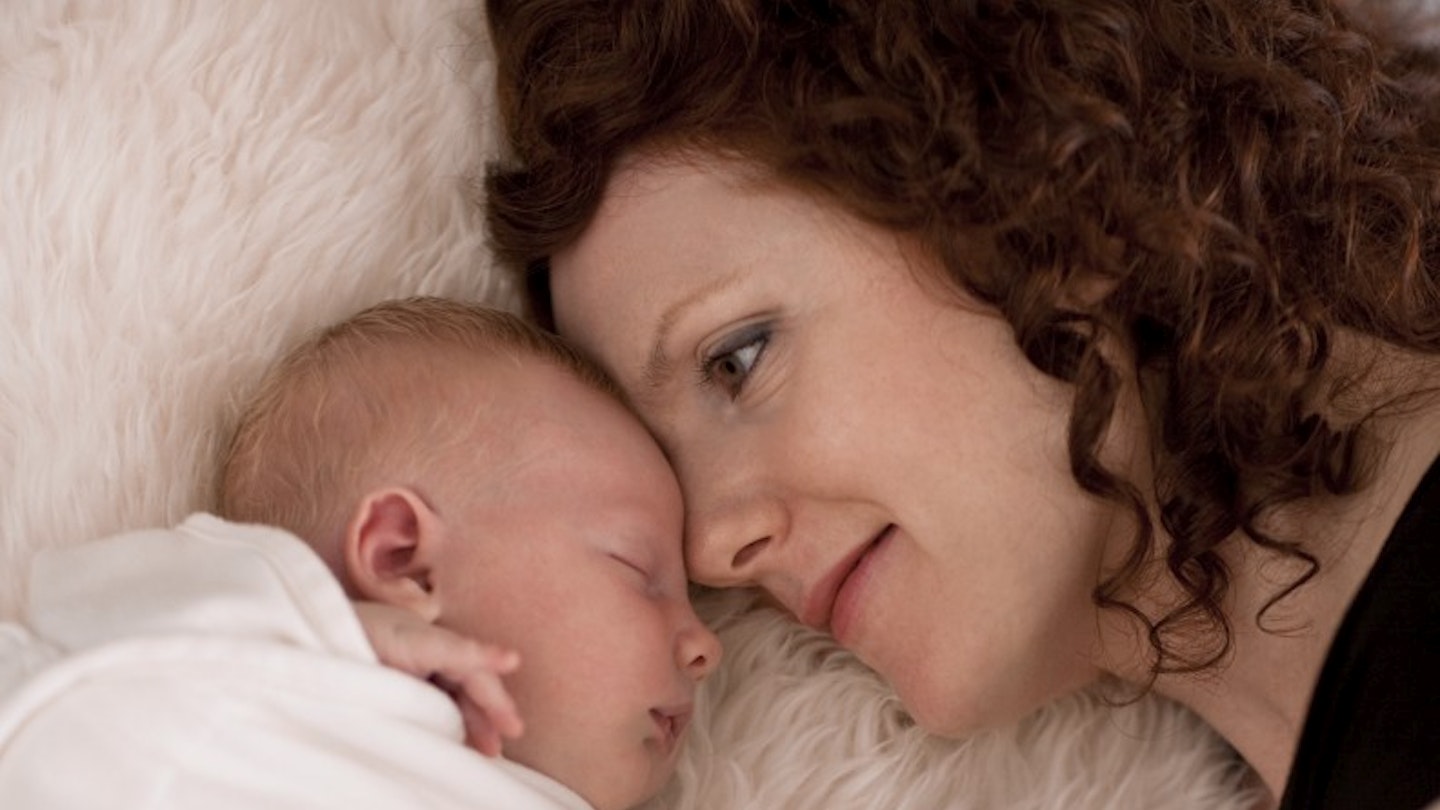In its simplest sense, bonding is the emotional connection you have with your baby. It’s vital for her health and wellbeing, not to mention your happiness as a mum
Bonding with your baby – something we’re all expecting to kick in like an animal instinct we just haven’t tapped into yet. But like the start of pretty much every relationship, it can take a bit of work to get going. The effort is, of course, well worth it.
‘We know from studies going back decades that babies need loving relationships to properly develop emotionally and physically,’ says child psychologist Carol Burniston. ‘The environment outside the womb is different from inside, and that can be a cause of anxiety for your baby. Good bonding helps overcome this.’ And there are a few simple ways to get the process moving.
Keep the care consistent
Consistency of care is important for mother-baby bonding. This doesn’t mean you need a routine, just that the people who care for your baby – mainly you and your partner – are always there for her in the first weeks.
‘Babies get to know the style of the person looking after them and find this reassuring,’ says Carol. Studies also show that being attended to in the same way by the same person, builds connections in your baby’s brain and helps reduce stress.
Respond and react
Recognising that she’s hungry. Even the simple act of changing her nappy when she needs it. The good old ‘mother’s instinct’ or ‘attachment’ as psychologists call it, means your baby will learn she can rely on you.
‘Reacting to your baby is key to making her feel secure,’ says chartered psychologist Dr Saima Latif. But remember to look after yourself, call in help and rest as much as you can.
Cuddle time
Your baby will still remember life in the womb – dark, warm, constricting – and the reassurance that gave her.
‘Cuddles can mimic that,’ says Carol. ‘Hold your baby to your chest, so she can hear your heartbeat. Although it won’t sound exactly like she remembered, the familiarity will reassure her.’
You’ll benefit from that cuddle, too. ‘When we care for someone, we become invested in them and that improves our attachments,’ says Saima. It’s a great way for new dads to bond with their new baby, too.
Get talking to your baby
The sound of your voice will remind your baby of her time in the womb.
‘She’ll recognise the rhythm of your voice, and probably that of your partner or any other person you talked to a lot as well,’ says Carol. Communicating with your baby also demonstrates you’re attentive to her, building her trust in you.
Be patient about bonding
And if you’re not feeling an instant rush of love for your baby? Don’t stress. ‘Bonding can sometimes take a few weeks,’ says Saima. ‘And the more traumatic a birth you had, the bigger impact this can have on the process.’
If it’s been a few weeks, and you still find it hard to connect with your baby, then it’s worth talking to your health visitor or GP to rule out postnatal depression (PND). But the bond will eventually form, and be worth the wait.
